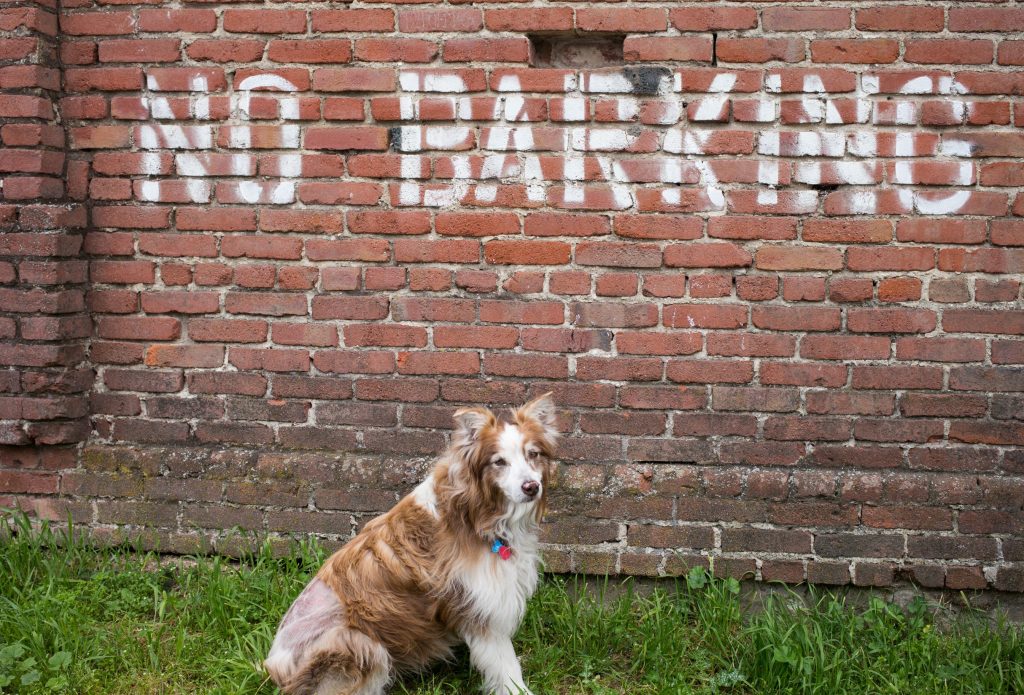When Dog Barking Gets You Down
When Dog Barking Gets You Down

Fish swim, birds fly, and dogs, well, bark. Sometimes they go overboard, like when a bold squirrel gets too close or the delivery truck arrives. But excessive dog barking (when it’s simply out of control) can become a real problem for everybody. There’s a root to this behavior, and it deserves immediate, dedicated attention. We are here to help you get to the bottom of this issue so you and your dog can continue living together happily.
Beyond Frustrating
Dog barking is not just a nuisance; excessive, disruptive noise can result in eviction notices, warnings from the police, and conflicts with neighbors. What’s worse, excessive barking is more than a cry for help from the pup in question. Excessive barking can be associated with stress, fear, anxiety, pain, boredom, age, loneliness, isolation, and more.
What They Hear
Smetimes, dog barking is caused by sounds that we can’t hear, or that have little effect on us. For instance, many dogs are upset by fireworks, thunderstorms, and sirens. While we register these sounds, we understand what they are. Dogs naturally react with fear that, if left unaddressed, can develop into a full-fledged noise phobia. Likewise, distant noises can continually bother a dog if they can’t see the cause or experience any relief.
How You Can Help
It is important to rule out medical conditions that could be playing a part in your dog’s behavior. Once they are deemed healthy, you can start to focus on their behavioral needs.
It is possible to distract a dog from barking by simply giving them one-on-one attention. They might be craving some personal time with you, exercise, or fun play time, and they’re barking to satisfy their innate needs for action and activity.
Nuisance barking can also be linked to fear over their territory. If you have a new baby, roommate, or there are new neighbors next door, consider how your dog is affected by the dynamic. Give your dog reassurance by properly introducing them to new people, and provide them with time to get used to disruptions in their routine.
Changing Dog Barking Habits
You can help your dog by:
- Providing daily opportunities for vigorous exercise and meaningful play times. If they start to act up between walks or runs, give them something to do, like a Kong or food puzzle.
- Reducing known triggers, like visuals of the street/driveway, can reduce barking. Draw blinds or curtains, play white noise in the background, like soft music or a fan, and provide interesting distractions.
- Positive reinforcement training can make all the difference.
- Signing them up for daycare or pet walking services if/when you cannot be home with them will help relieve any anxiety or boredom.
Patience and Determination
There is no one-size-fits-all approach to excessive dog barking, but with patience and determination you can support your dog’s needs. If we can assist you with any questions or concerns regarding your dog’s health or behavior, please call us at (705) 223-3404. Our team at Parkside Animal Hospital is always here to help.
